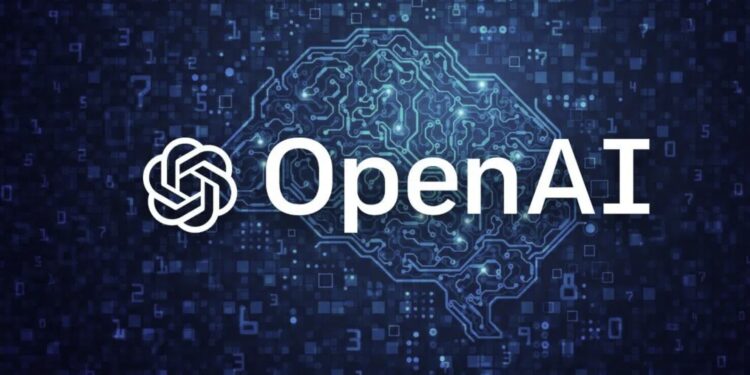OpenAI’s new AI coding assistant is so smart it’s going to replace humans, right? The company’s latest AI coding agent is designed to accelerate the pace at which developers build new code by doing some of the more complicated work, but experts tell me human oversight is still going to be critical.
OpenAI has launched Codex, a name so much as a title to its latest AI coding assistant, now a research preview for ChatGPT Pro, Enterprise, and Team users. Leveraging the most recent o3 AI reasoning model robustly tailored for software engineering, Codex can run to a “virtual coworker,” working alongside developers as if a second pair of hands, whether coding, fixing a bug, testing, or running any number of software engineering tasks all in the cloud.
Codex runs in a sandboxed virtual environment that simulates a user’s development machine based on his or her code repositories, loaded in from GitHub integration. Users interact with Codex via the ChatGPT prompter, giving prompts like generate me some code or ask me questions about my codebase. The agent performs tasks inside isolated containers and the execution takes between 1 up to 30 minutes depending on the complexity of the task.
Codex greatly differs from other tools in that its workflow is absolutely transparent: it transparently shows its reasoning process, logs the citations of terminal, so there is documented proof of its behavior, and it speaks about its uncertainties and failures in applying tests. This approach is designed to foster trust and enhance code quality, and to overcome critiques familiar from prior AI coding tools where in some cases the scripts were mendacious or not up to standards.
Developers can also customize how Codex behaves by adding an “AGENTS. /md” file for their repositories, which provides the AI explicit commands around code context, formatting, and common practices, acting as a README for AI agents.
OpenAI CEO Sam Altman, on social media, mentioned Codex’s potential, including that it has the capacity to carry out multiple tasks in parallel and could significantly accelerate engineering workflows. The agent has read and write access files, and can run commands (e.g. test harnesses, linters, and type checkers).
As of now, we are making Codex available to selected ChatGPT users with substantial access to use it for free and tinker with it. But OpenAI will add rate limits and move to a credit based licensing over the next few weeks though. The company also plans to open access to ChatGPT Plus and educational users in the near future.
While Codex can handle a lot of the programming tasks, OpenAI emphasizes that human developers must attend these tests and manually check them to ensure code quality and security.










![Online Scam Cases Continue to Rise Despite Crackdowns on Foreign Fraud Networks [Myanmar] Online Scam Cases Continue to Rise Despite Crackdowns on Foreign Fraud Networks [Myanmar]](https://sumtrix.com/wp-content/uploads/2025/06/30-12-120x86.jpg)




